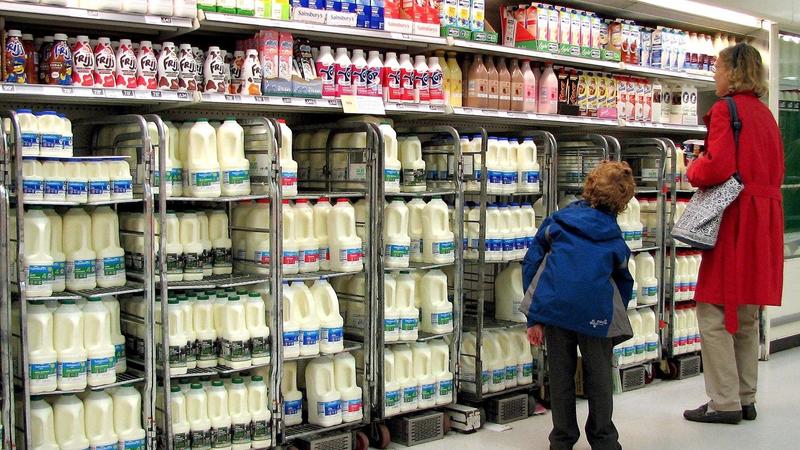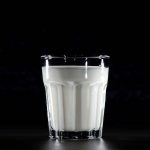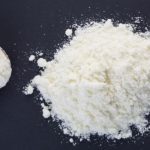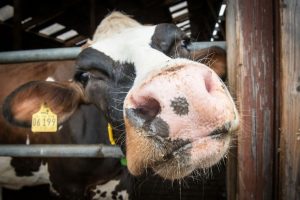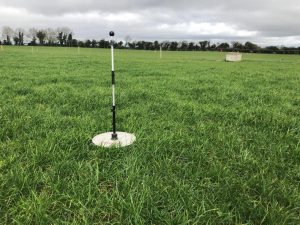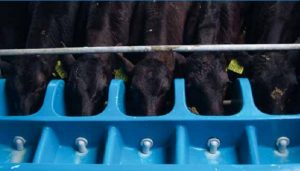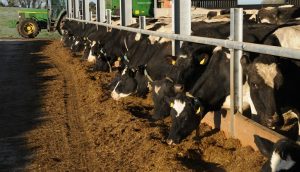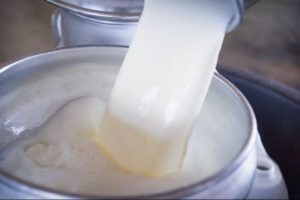
Industry sources expressed growing concern regarding the impact of the pandemic on demand for both dairy products and dairy commodities.
Although dairy commodity markets have suffered losses over the last 10 days, these have been somewhat restrained given the extent of the global economic turmoil.
Reports that New Zealand dairy giant Fonterra has maintained its forecasted milk price range between 28c/l and 30c/l for 2020 ($7/kg to $7.60g of milk solids) was also positive news for milk producers.
However, the industry consensus is that markets for commodity products such as skim milk powder (SMP) and whole milk powders (WMP) are becoming increasingly difficult, and this will filter back to the farm-gate price for milk.
One industry insider pointed out that buying for the Chinese food service sector was dead and that this would inevitably impact global demand. Another Irish dairy source said international buyers were sitting back and deferring orders until markets had settled.
Rabobank dairy analyst Richard Scheper said a downturn in dairy demand from the food service sector still had to filter back along the supply chain.
“The dairy industry is facing challenges with regards to export logistics. Ultimately, this will also put pressure on milk prices,” he said.
The food service sector, including restaurants and bars, is an important pillar for dairy consumption, particularly in the US and Asia.
“In addition, the impact on the dairy sector in Europe should not be underestimated,” he added.
The widespread closure of restaurants as a result of Covid-19 will inevitably hit demand as significant volumes of EU dairy products are consumed by the food service sector in other regions, Mr Scheper explained.
The impact of the pandemic on this area of global dairy markets had been masked by increased consumer buying in supermarkets during the early days of the crisis in Europe and North America.
Supermarket sales
The fall-off in buying for the food-service sector could have a more pronounced effect from here on.
The increased supermarkets sales will not be enough to completely offset other losses, Mr Scheper maintained.
Last week’s GDT was back 3.9pc, with SMP down 8pc to €2,350/t and WMP back 4.2pc to €2,600/t. However, butter prices were steady at €3,854/t, while cheddar was up 2.6pc to €4,090/t.
Dutch spot prices have broadly tracked the GDT trends. Butter prices were at €3,410/t, back from €3,570/t in January. The price of WMP was steady at €2,960/t, with SMP back €230/t since the start of the month to €2,230/t.
Securing containers for dairy exports remains a serious concern, Mr Scheper said. Much of the capacity has been held up in Asian ports due to Covid-19, but activity levels in China’s ports had improved since last week.
He added that dairy markets faced additional challenges due to collapsing oil prices, which has undermined the purchasing power of oil-producing nations.
Mr Scheper said the fall-off in farm-gate prices would vary from country to country, as would the speed of the recovery. The rate of recovery will depend on how long it takes to get Covid-19 under control, and the long-term economic impact of the crisis.
